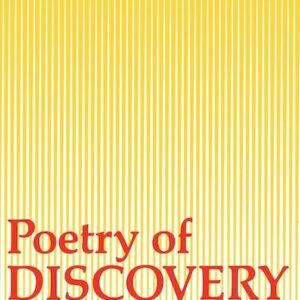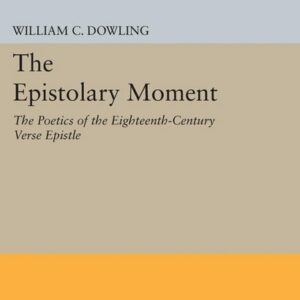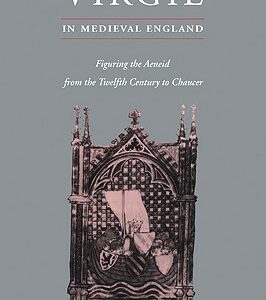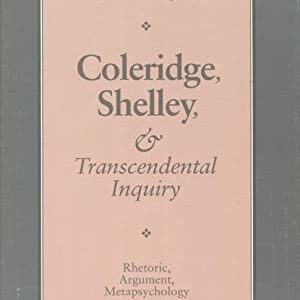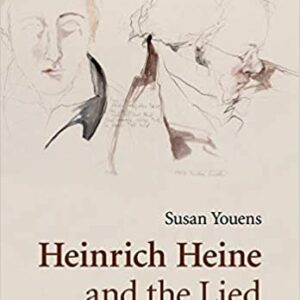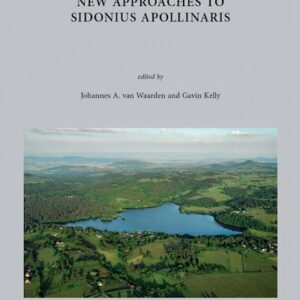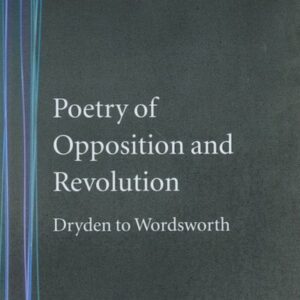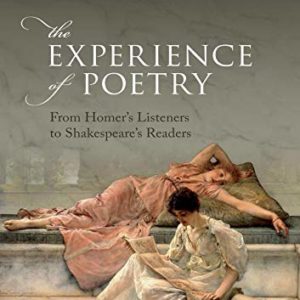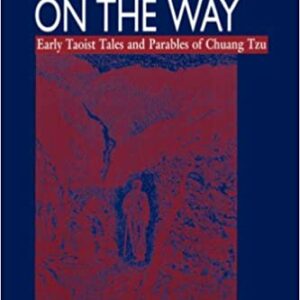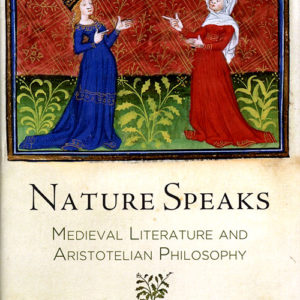
Nature Speaks: Medieval Literature and Aristotelian Philosophy
By Kellie Robertson (NHC Fellow, 2011–12) What does it mean to speak for nature? Contemporary environmental critics warn that giving a voice to nonhuman nature reduces it to a mere echo of our own needs and desires; they caution that it is a perverse form of anthropocentrism. And yet nature's voice proved a powerful and … Continued
